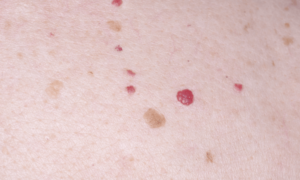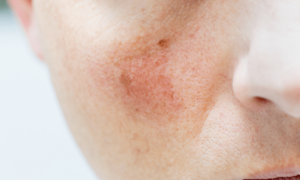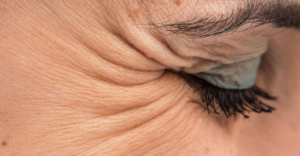Dry and sensitive skin is a common concern, particularly in the diverse climate of Ireland, where environmental factors can take a toll. This comprehensive guide is tailored to help you navigate the complexities of hydrating dry, sensitive skin. With the right knowledge and tools, managing this skin type can be a seamless part of your daily routine, ensuring your skin remains healthy and radiant.
Key Takeaways
- Fundamental Insight: Understanding the causes and triggers of dry, sensitive skin is key to effective management.
- Essential Selection: Selecting appropriate skincare products is crucial for hydration and protection.
- Holistic Approach: A balanced lifestyle and diet play a significant role in maintaining skin hydration.
- Consistent Practice: Regular skincare routines and expert advice can lead to long-term skin health.
Understanding Dry Sensitive Skin
Causes and Triggers
In Ireland, climate and environmental factors like wind and cold play a significant role in contributing to skin dryness. Genetic predispositions and ageing also affect skin hydration, with some individuals naturally having drier skin and others experiencing increased dryness as they age.
Lifestyle choices such as diet and skincare habits are pivotal in maintaining skin moisture levels, underscoring the multifaceted nature of skin hydration.
Symptoms and Identification
Recognising dry, sensitive skin involves identifying key symptoms such as flakiness, indicating a lack of moisture; tightness, especially after cleansing or exposure to harsh elements, suggesting a compromised moisture barrier; and irritation like redness or itching, often triggered by environmental factors or skincare products.
It’s essential to differentiate these signs from other skin conditions like eczema or psoriasis, which share some symptoms but often involve more severe inflammation or chronic issues. Accurate identification ensures the most appropriate and effective care, avoiding exacerbation of sensitivity or dryness.
Skincare Solutions
Choosing the Right Products
Daily Skincare Routine
Lifestyle and Diet for Skin Health
Hydration and Nutrition
Maintaining skin health significantly benefits from drinking ample water and consuming a balanced diet rich in omega-3 fatty acids, alongside a variety of fruits and vegetables. These nutrients are crucial in preserving the skin’s barrier function and preventing dryness, highlighting the importance of hydration and nutrition in skincare.
Stress Management and Sleep
Stress can exacerbate skin conditions, making relaxation and stress management techniques important. Adequate sleep is also crucial, as it allows the skin to repair and rejuvenate overnight.
Final Thoughts
Hydrating Sensitive Skin FAQs
How often should I moisturise if I have dry, sensitive skin?
Ideally, you should moisturise twice daily, in the morning and evening, and reapply as needed throughout the day.
Can diet really impact my skin's hydration?
Are there any specific ingredients I should avoid in skincare products?
What role does humidity play in affecting dry, sensitive skin?
Is exfoliation recommended for dry, sensitive skin?
Exfoliation can be beneficial for removing dead skin cells, but it must be done gently for dry, sensitive skin. Use a mild exfoliant once a week and avoid harsh scrubbing to prevent irritation. Always follow up with a moisturiser to soothe and hydrate the skin.




















